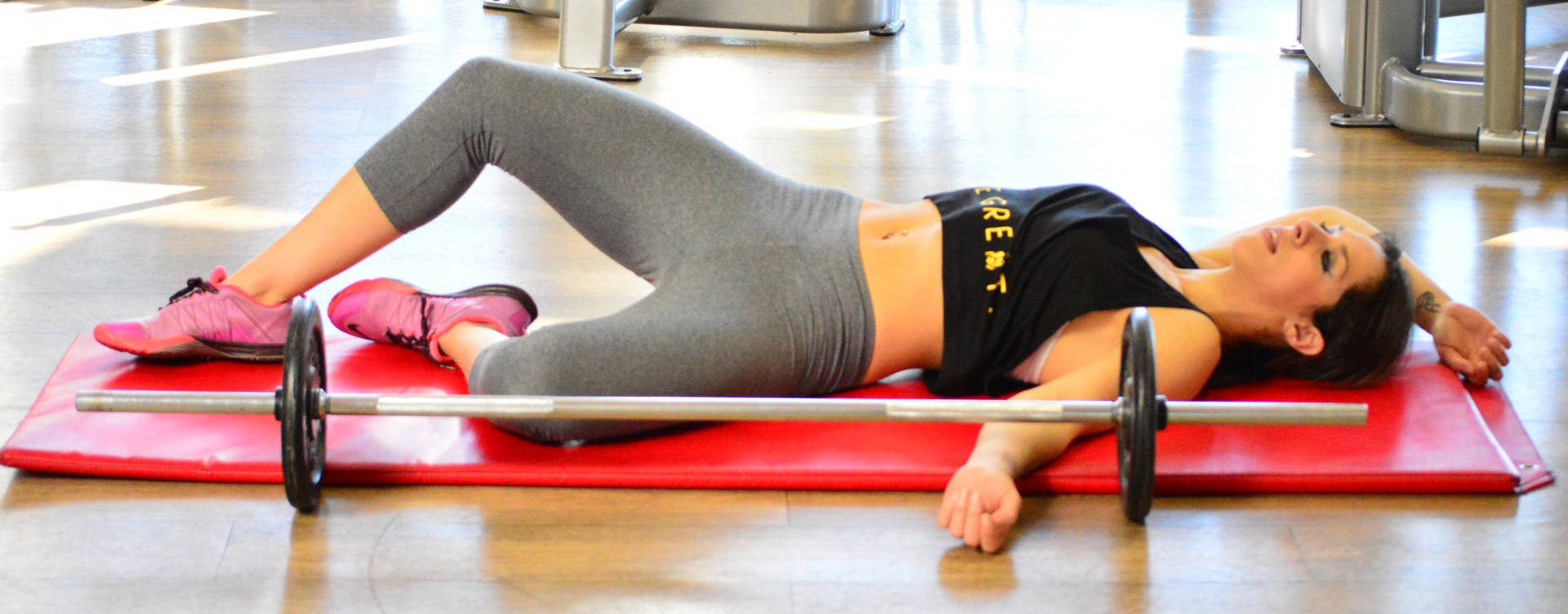At the top of the list of priorities concerning your teen should be their health and wellness. Poor mental health and obesity can negatively affect how your teen feels about themselves and how they behave, ultimately harming their overall quality of life. Unfortunately, it’s a rising issue among young people. The Centers for Disease Control (CDC) reported that 22% of kids aged 12 to 19 years old were obese. In addition, 29% of high school students experienced poor mental health.
Considering how harmful neglecting your teen’s health and wellness is, there’s no question about the importance of teaching positive nutrition habits and providing adequate emotional and mental health support to enhance the well-being of your teen.
Try implementing the advice below to promote mindful eating and give your teen the support they need to be mentally, physically, and emotionally well.
Have a Conversation About Growing Healthier Habits First
You want your teen to be open to adjusting their habits for a healthier life. So, instead of forcing them into it, include them in the transition. Help them to feel like they have a say in what’s happening by having a conversation about growing healthier habits with your teen. Tell them why you want to change some habits and your ideas for doing so. Then, give your teen a chance to tell you their perspective on the matter. Make sure they know you’re doing this as a family.
The goal is to leave the conversation on the same page about making some lifestyle adjustments that promote wellness.
Instill Healthy Eating Habits and a Positive Outlook on Food
One of the best places to start with your teen’s health and wellness is their nutrition. Your teen’s relationship with food plays a significant role in how healthy they are physically and mentally. When your teen doesn’t eat with intention, they end up with an unhealthy diet full of sugary, fatty, sodium-ridden foods. Consuming these foods regularly can lead to weight gain, mobility issues, and serious conditions like diabetes.
A diet like this can also affect their mental health and emotional wellness. For example, added sugars and caffeine can worsen anxiety symptoms. Mood swings are common when you don’t get the necessary nutrients. Emotional instability can trigger emotional eating, inciting an unhealthy relationship with food.
On the other hand, a positive mindset and mindful nutrition can enhance your child’s well-being and development. They’ll grow confidence and resilience when they learn to stay positive in every situation. They’ll also be more likely to develop a good relationship with food when they approach it with positivity. Not to mention mindful eating teaches your teen discipline and to value their minds and bodies.
Instilling healthy eating habits starts with education. Learn as much as you can about the diet you want your teen to assume. For example, understand what a balanced vegetarian diet for a teen is.
Or, let’s say your teen wants to go vegan. They need to eat a spread of fruits, vegetables, leafy greens, whole grains, nuts, seeds, and legumes, while also ensuring they get the necessary protein, calcium, iron, and vitamin B12.
In addition, creating positive mealtime experiences for your teen will help them develop a positive outlook on food. They can attach good feelings and memories to eating, inspiring them to want to eat well. Make it a point to eat meals together as a family. Put phones and any other distractions away and engage in meaningful conversations.
Establish a Physical Activity Routine
In addition to nutrition, a solid physical activity routine is vital for your teen’s health and wellness. Regular exercise helps them fend off obesity. It helps ensure they’re functioning properly internally. Consistent physical activity also relieves stress and promotes mental clarity.
Sit down with your teen and discuss what activities they like to do that would support their efforts to be more physically active. This could be sports, working out at the gym, gardening, or going on nature walks. Once you have a list of physical activity ideas, talk about how often your teen would like to do them each week. It’s best to do what they can be consistent with.
Beware of the Negative Effects That May Come With Healthy Habits
Contrary to popular belief, some health habits do come with potentially negative effects. For example, working out every day can be harmful because it doesn’t give your body time to recover from strenuous activity. Getting too much or too little sleep can lead to cognitive impairment. Also, buying a so-called healthy food without reading the nutrition label could result in you eating too much of a bad ingredient.
When you know the possible negative effects that come with certain healthy habits, you can be intentional about helping your teen avoid them.
In reality, many healthy habits involve a lot more nuance to receive the most benefits. Yes, sleep is important, but the quality can improve your teen’s health more than the quantity. You can promote better sleep by establishing a healthy nighttime routine.
In addition, regular physical activity is great, but advocate for rest days so your teen doesn’t over-exert themselves. Don’t blindly believe any food brand that labels itself as “organic” or “healthy.” Instead, read nutrition labels.
Do Everything With Your Teen
You’ve probably heard the saying that kids do as they see not as as you tell them. You need to cling to this saying if you want your teen to adopt healthier habits and prioritize their wellness. In other words, lead by example.
The more healthy habits you integrate into your own lifestyle, the more your kids will learn from you. Adopt healthy eating habits and a positive outlook on food. Exercise regularly with your teen. Let your body and mind rest. Show your teen how to prioritize their health and wellness by doing it yourself.
Conclusion
Your teen’s quality of life depends so much on whether they can adopt healthy habits and commit to them long-term. Fortunately, they have you to guide them on how to do this. Rely on the advice in this article to keep your teen on a path to holistic health and wellness.






















